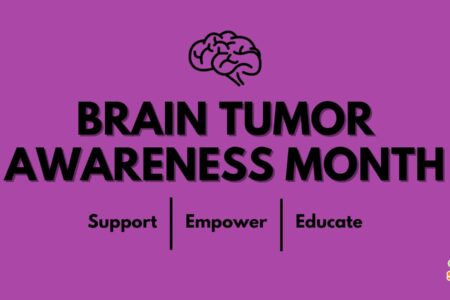
Share On Social!
According to a new study from the Columbia University Medical Center, most Americans – including a majority of Latinos – who screen positive for depression don’t receive treatment for it. Also, many who do receive treatment, don’t appear to have the disorder.
“Over the last several years there has been an increase in prescription of antidepressants,” said Mark Olfson, lead author of the study. “In that context, many people assumed that undertreatment of depression is no longer a common problem.”
Olfson found the opposite was true after analyzing the data from the Medical Expenditure Panel Surveys in 2012 and 2013. Asked if they had been screened for adults, 8.4% of the more than 46,000 adults answered in ways suggested they had depression. Only 28.7% who appeared depressed received treatment.
“The findings highlight that there are continuing challenges in aligning depression care with patient needs,” Olfson said.
People who lived in the lowest-income groups were five times more likely to have depression compared to those in the highest-income group. Over 18% of the lowest-income adults screening positive compared to 3.7% of the highest-income group; higher-income people were still more likely to get treatment.
In order to reduce health disparities, it is critical to address inequities in programs, practices, and policies. Join our site, connect with others, and get involved.
Antidepressants were the most common treatment, and individuals with either less serious distress or no depression were more likely to receive them. Increasing access for Latinos would require professionals who speak their languages and understand what type of treatment they are open to.
“[Latinos] prefer antidepressants less than whites,” said Benjamin Cook, director of the Health Equity Research Lab and an assistant professor at Harvard Medical School. “That might be an underlying reason not to go for mental health treatment, [and] why they might not stay at treatment for as long.”
It can also be hard for primary care doctors to find mental health professionals to refer patients to, particularly in rural areas; prescribing antidepressants might be their only option.
“Depression really is a serious condition and we’re finding that so many Americans aren’t receiving care,” Olfson said. “I hope that [this study] brings attention to this situation.”
Read more about this story here.
Login and share this resource with others to help make a difference for the next generation.
Read stories similar to this one:
- 6 Reasons Why Parks Matter for Health salud.to/2bfUXFr #ActiveSpaces #SaludAmerica @SaludToday @RWJF
- New Equity Office will address diversity concerns in Austin. #SaludAmerica #HealthEquity http://salud.to/29qxF0n @SaludToday
Explore More:
Healthy Families & SchoolsBy The Numbers
142
Percent
Expected rise in Latino cancer cases in coming years




